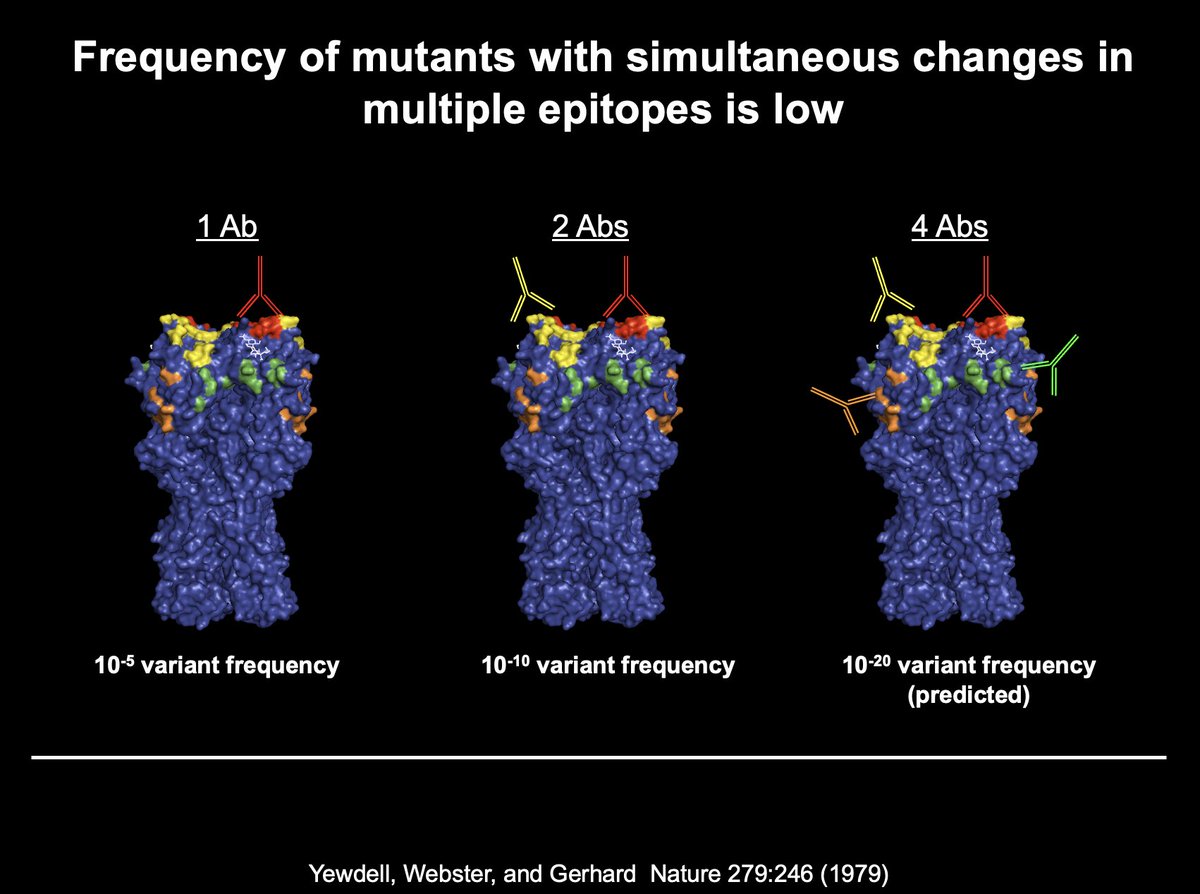
How to get URL link on X (Twitter) App











https://twitter.com/SCOTTeHENSLEY/status/1471539459711815687






https://twitter.com/SCOTTeHENSLEY/status/1326216898812506113

https://twitter.com/trvrb/status/1349774312937385984?s=20
